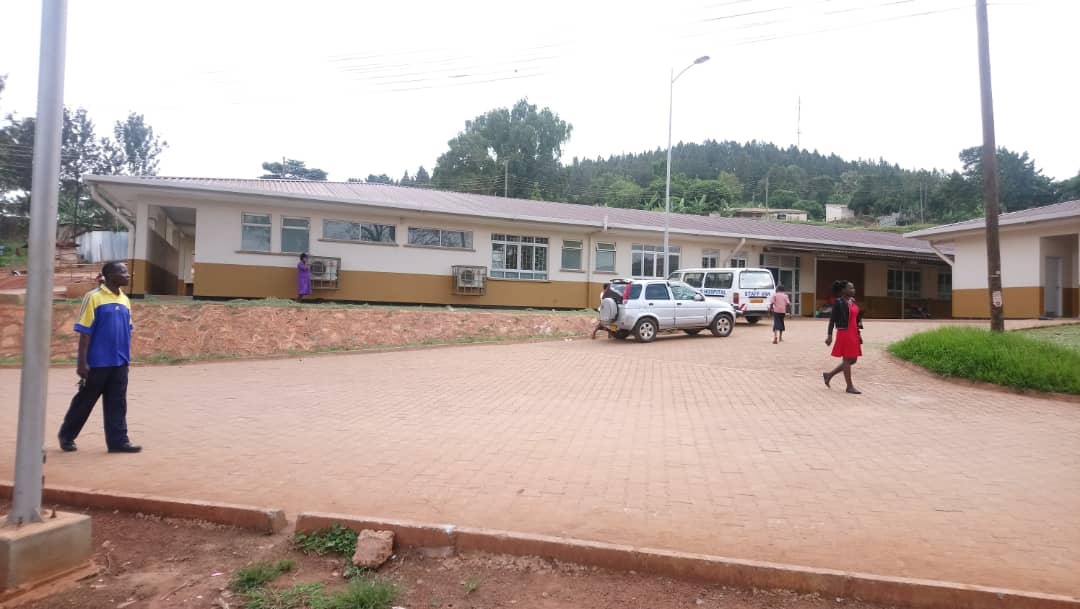
KAMPALA – The average journey time when visiting a health facility in Uganda is one hour and fourteen minutes [74 minutes], according to a new survey report.
This is according to the data from Sauti za Wananchi, Africa’s first nationally representative high-frequency mobile phone survey for 2019 released this month.
According to the 2019 report in rural areas, the sick take 84 minutes to access health facilities while the urban areas the sick take forty-seven minutes to access treatment and that wealthier household (53 minutes) typically have shorter journey times to health facilities than poorer households (91 minutes).
The survey report titled, ‘Citizens’ diagnosis of health services’, also found out that two out of every three patients attending a health facility [66%) are attended to within an hour, including four out of ten (42%) who are seen within 30 minutes.
“The average journey time when visiting a health facility in Uganda is 74 minutes and Patients are seen less quickly in rural areas compared to urban areas, and wealthier patients are seen more quickly than the poor,” reads the report by Sauti za Wananchi.
This implies that access to health care between rural and urban areas is highly imbalanced and given that the biggest majority of citizens live in rural areas their ability to pay for better healthcare is limited.
Mr John Bosco Nambeshe, the MP for Manjiya County said the survey by Sauti za Wananchi present a true picture of what is on the ground and that the challenges need urgent solutions so that people can have better health to create more wealth and get out of poverty.
Ms Sarah Nambozo, the Woman MP for Bulambuli said although Uganda’s healthcare system works on a referral basis; if a level II facility cannot handle a case, it refers it to a unit the next level up, it is yet to live up to its expectation.
“This is because services in public facilities which are supposed to be free but in many cases health workers extort money from patients desperate for services and this explains why many people have resorted to private clinics and self-medication,” said Ms Nambozo.
The report accessed by PML Daily, also adds that one out of four patients (24%) who turn to government health facilities are attended to within 30 minutes, compared to two out of three (67%) at private or NGO facilities indicating that the citizens have more faith in the government-aided health facilities than private.
The survey says the most common problems encountered at government health facilities are long waiting times and lack of medicines and other supplies and that eight out of ten citizens (81%) said the last time they attended a government health facility to seek treatment for their own illness or injury they encountered long queues or long waiting times.
The survey presents another (78%) of those interviewed that they encounter lack of medicines or other supplies and more than half (55%) also encounter a lack of attention or respect from health staff.
Ms Angelline Osegge, the woman MP for Soroti district says often government health units don’t have the essential drugs, meaning the patients have to buy them from pharmacies or other drug sellers.
“And the number of citizens encountering these problems has increased since 2017, the government needs to wake up and provide the essential medicines at every health unit and operationalised health centre IIs, give every sub-county a health centre III for effective health service delivery,” said Ms Osegge.

Ms Osegge said the rural areas in Uganda don’t benefit from the best government health care since hospitals there are grossly understaffed and not well equipped as compared to hospitals in urban centres in the country.
The report further says three out of ten (29%) went first to a private or NGO health facility, and one out of ten (9%) to a pharmacy and that less than one out of ten (7%) self-medicated, either by using medicine they already had / from a friend (4%) or seeking medicine from a grocery (3%).
This data presented here comes from Twaweza’s flagship Sauti za Wananchi survey, a nationally-representative, high-frequency mobile phone panel survey of public opinion and citizens’ experiences. Further details are available from www.twaweza.org/sauti.
The survey reveals that one out of 12 patients admitted to a government hospital does not sleep on a bed eleven out of twelve patients admitted to government hospitals (93%) slept on a bed during their time in hospital, while the remaining one out of twelve (7%) slept either on a mattress (4%) or on the floor (3%).
“Also at government hospitals, 7% of admitted patients had to share their bed with one or more other patients, one out of five children aged under five (19%) do not receive their entitlement to free treatment and the same applies to a similar number (20%) of patients aged over 60,” adds the report in part.

The Sauti za Wananchi survey also found out that one out in twenty citizens personally has health or medical insurance and the figure is consistent across all demographic groups, though it is slightly higher among residents of urban areas (4%) and richer citizens (4%).
This is different in Kenya where three out of ten citizens (32%) have health insurance, as do a similar number in Tanzania (30%). (Data from Sauti za Wananchi surveys in Kenya in 2017 and Tanzania in 2018.)
Although providing accessible and quality services is a key function of government, that makes funding for health services is an important component of the national budget, the data packet presents a different picture where patients visiting public find no medicine.
Despite record investment over the past five years, Uganda’s health performance is still ranked as one of the worst in the world by the World Health Organisation, the country is ranked 186th out of 191 nations where maternal and infant mortality are still unacceptably.





